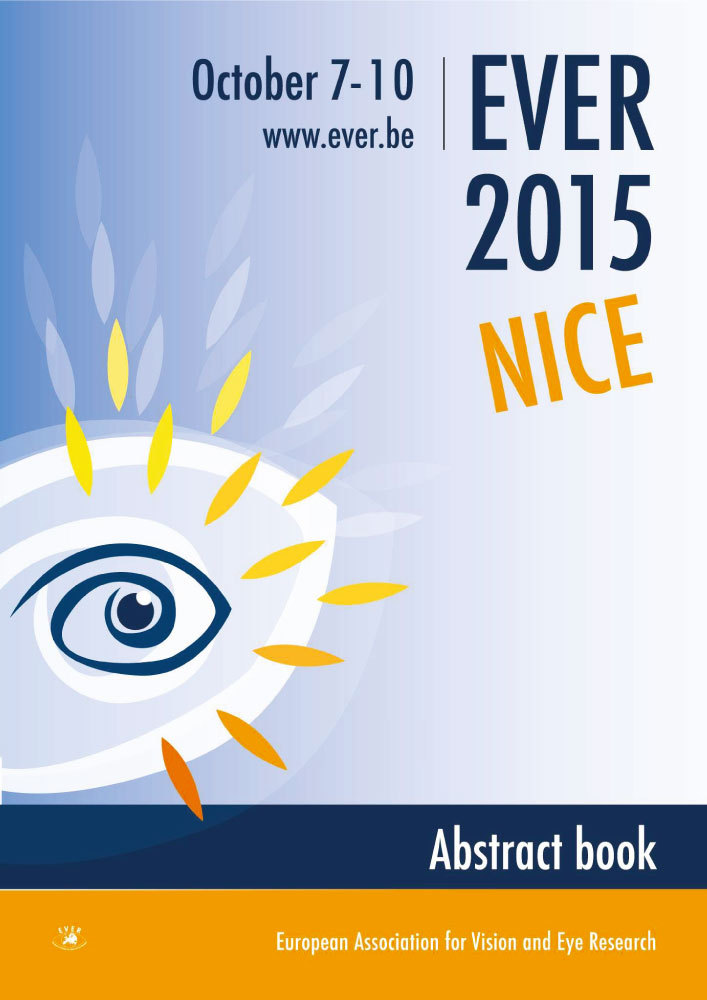Our experience with anti-VEGF treatment on central serous retinopathy
Abstract
Purpose
To evaluate the short-term efficacy of intravitreal anti-VEGF for the treatment of subretinal fluid (SRF) and/or pigment epithelium detachment (PED) secondary to chronic central serous chorioretinopathy (CSR).
Methods
Sixteen patients were treated with intravitreal injections of anti-VEGF at 6- to 8-week intervals until SRF and/or PED resolved. Main outcomes were Best-Corrected Visual Acuity (BCVA), central retinal thickness (CRT) measured with optical coherence tomography (OCT), performed at 6- to 8-week intervals and number of injections. Fluorescein angiography was performed at baseline visit and thereafter depending on clinical and OCT findings.
Results
Patients received 3.16 (range: 1–15) intravitreal injections of anti-VEGF on average during a follow-up of 22 +/- 2 weeks. Mean BCVA increased by 11.2 letters and mean CRT decreased significantly over follow-up from 396.68 µm at baseline to 250.36 µm on last visit. 5 patients (31.25%) showed complete resolution of subretinal fluid and PED, 6 patients (37.5%) had persistent SRF and 5 patients (31.25%) had persistent PED.
Conclusions
Anatomic and functional improvement following intravitreal anti-VEGF injections suggest that vascular endothelial growth factor (VEGF) may be involved in fluid leakage in patients with chronic CSR. The results suggest a possible role for anti-VEGF agents in the treatment of chronic CSR.




